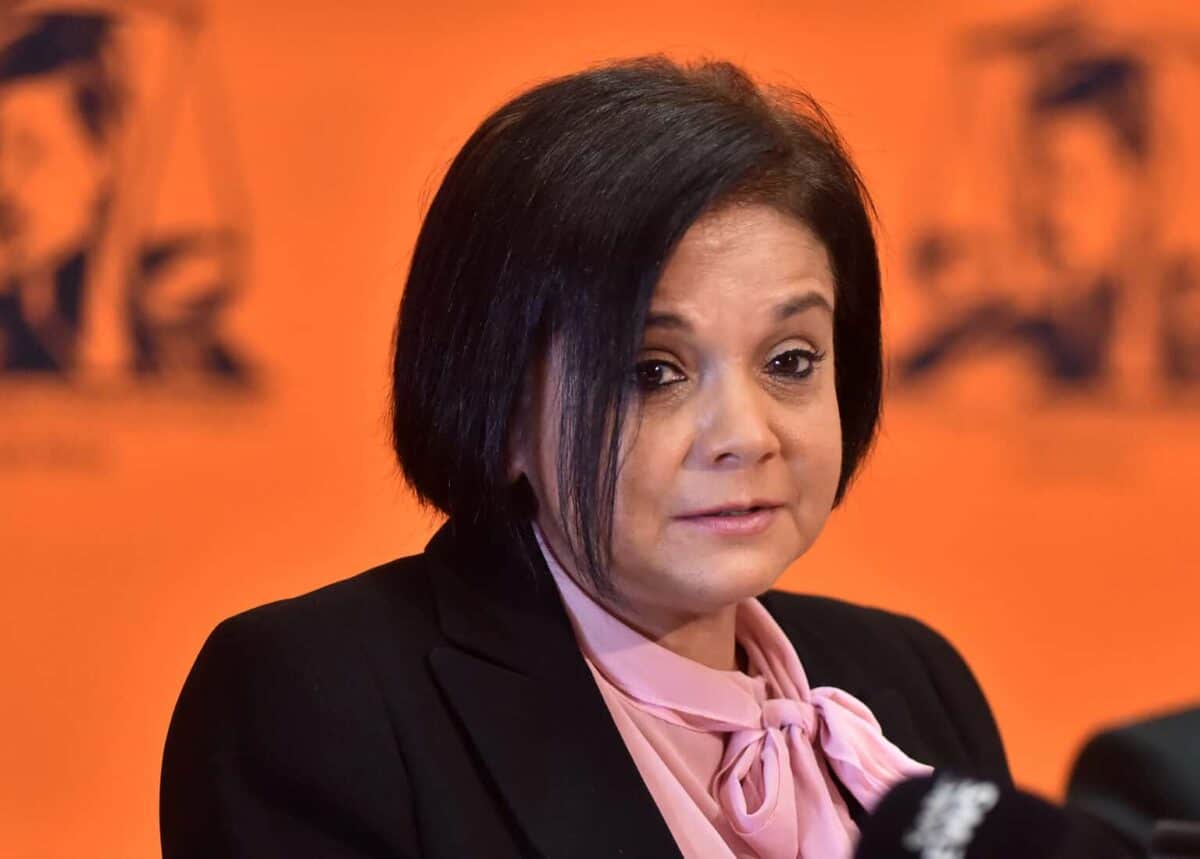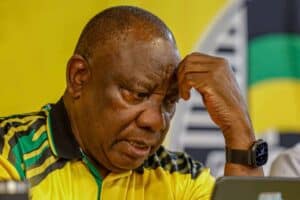As Batohi prepares to exit, SA must ask itself: do we want a NPA that prosecutes the powerful, or one that continues to falter under pressure?

South Africa stands at a dangerous crossroads.
The Madlanga Commission of Inquiry and the parliamentary ad hoc committee have laid bare a chilling reality: collusion between police, politicians, business elites and the criminal underworld is not the exception, it’s the norm.
And at the centre of this storm sits the National Prosecuting Authority (NPA), an institution whose ability to confront corruption now hangs in the balance.
With National Director of Public Prosecutions (NDPP) Shamila Batohi set to vacate her post in January, the question is no longer just who will replace her – but whether the NPA itself is structurally capable of prosecuting without fear or favour.
Batohi’s appointment in 2019, was met with hope. She arrived in the wake of state capture, promising reform and integrity.
Yet six years later, the NPA’s record is mixed. While there have been arrests and some internal rebuilding, successful prosecutions in high-profile cases remain rare.
The public’s patience is wearing thin. The problem is not just leadership – it’s systemic. Though the constitution guarantees prosecutorial independence, political interference has been routine.
Ministers meddle in operations, task forces are disbanded without explanation and major investigations stall mysteriously.
The NPA cannot fight the underworld when the political upper world pulls its strings. Prosecutors also face chronic resource shortages, outdated technology and limited forensic capacity.
ALSO READ: Judge Aubrey Ledwaba denies receiving R2.5m to release ‘KT’ Molefe on bail
Coordination with the Hawks, Special Investigating Unit and South African Revenue Service is improving, but remains uneven.
Even the Investigating Directorate – created to tackle state capture – lacks permanence and a clear mandate. Meanwhile, organised crime is evolving faster than the state.
From construction mafias to tender syndicates, South Africa is witnessing a convergence of criminal enterprise, political patronage and corporate complicity. The rule of law is being tested in real time.
So, what must be done?
First, the NPA’s independence must be fortified through legislative reform. Transparent appointments and insulation from political pressure are non-negotiable.
Second, capacity must be built – not just in numbers, but in skills. Prosecutors need training in financial crimes, digital forensics and international cooperation.
Third, the NPA must prioritise high-impact cases that send a clear message: impunity is over.
Fourth, transparency must be embedded. Regular public reporting and civil society engagement can help rebuild trust.
And, finally, the next NDPP must be more than a legal technician. They must be a strategic leader, a fearless reformer and a public figure who commands respect across political and social divides.
ALSO READ: Batohi clarifies NPA infiltration claims to justice minister amid criticism
Batohi’s departure is not just a vacancy, it’s a test of political will. Names like Lieutenant-General Nhlanhla Mkhwanazi, Gerrie Nel and Thuli Madonsela have surfaced in public debate.
Each carries symbolic weight. Mkhwanazi is respected within the police but lacks prosecutorial experience.
Nel’s courtroom tenacity is unmatched, but his private prosecution ties may raise concerns about impartiality.
Madonsela, with her legacy of moral courage, offers integrity – but her background lies in oversight, not criminal litigation.
Ultimately, South Africa’s salvation cannot depend on personalities alone.
The fight against corruption requires a system backed by strong laws, competent investigators, protected whistle-blowers and a prosecuting authority that is both fearless and functional.
Leadership matters. Institutions reflect the values of those who lead them.
As Batohi prepares to exit, the country must ask itself: do we want a NPA that prosecutes the powerful, or one that continues to falter under pressure?
Justice delayed is justice denied. And in this moment, delay is no longer an option.
NOW READ: South Africa’s justice system is in trouble, Mr President






